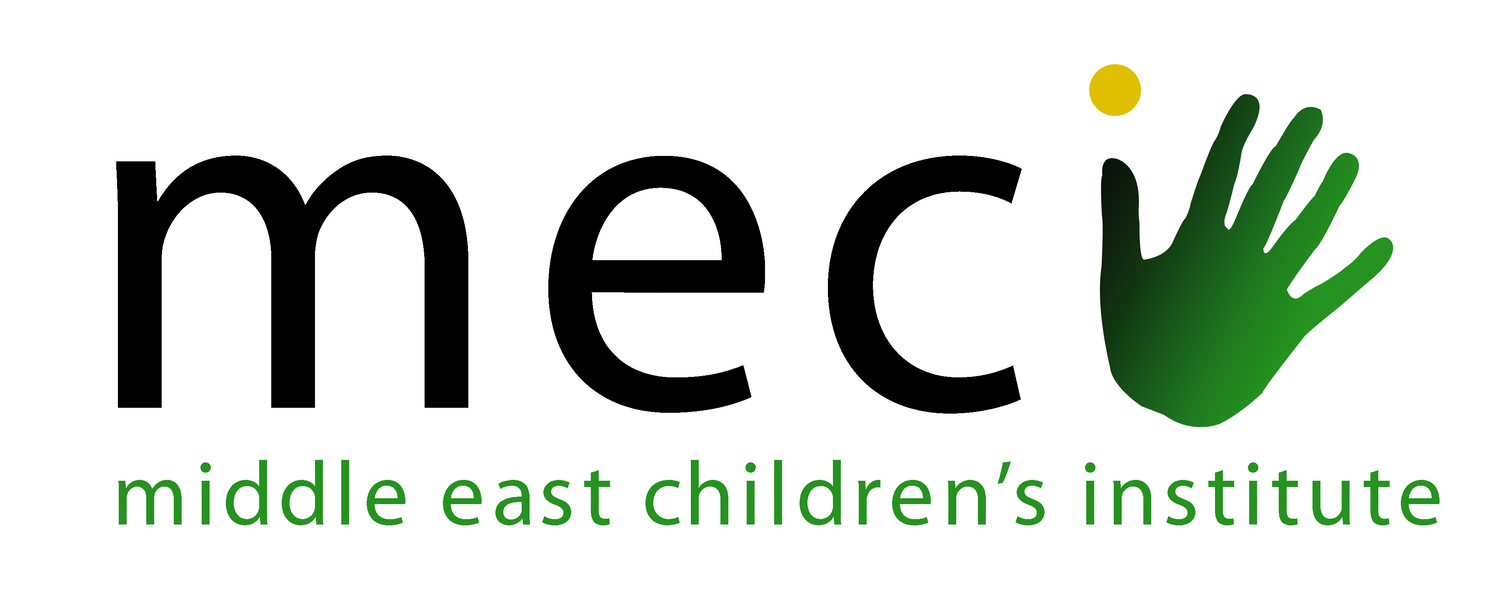With MECI, Local Women Thrive
A partnership with the local women’s association has spurred decades of critical work for women struggling to support their families.
When word spread that Deir Ghassaneh native Insaf Al-Shoaibi wanted to form an organization to help women in the area find work, detractors abounded. “Deir Ghassaneh is a small village,” Insaf said they told her time and again. “You will not succeed here.”
Committed to the project nonetheless, Insaf gave herself an ultimatum: give it her all, and if after three months she hadn’t made progress, listen to the others. Eighteen years later, the Deir Ghassaneh Charitable Women’s Association (WA) is thriving.
From the beginning, the WA’s partnership with MECI has been key to its success. Launching at the same time, the two groups quickly allied themselves. “We grew up with MECI,” Insaf said. For countless women since, they have made the difference between security and starvation.
In 1978, Insaf graduated from Birzeit University with a degree in sociology and started her first job with the Palestine Ministry of Education. Pivoting to join the staff at a women’s community college in Ramallah, she became passionate about teaching young women and girls. She also noticed a discouraging trend: many of her students were graduating only to end up struggling to find a job, if they ever found one at all.
In 2022, nearly half (45%) of women in Palestine with advanced degrees were unemployed, compared to 16% of men—a rate of unemployment for “skilled” women higher than that of any other country in the region. This gender unemployment gap among graduates has soared over the last 20 years, despite more women than men now enrolling in college. As for women from all education backgrounds, unemployment more than tripled (12.4% to 43%) between 2000 and 2021.
The first assignment for the members of Insaf’s WA emerged in 2007, when MECI founder Lola Grace suggested they prepare food for students in the afterschool program. “This is the main bond,” Insaf said of how the Healthy Meals Program united MECI and the WA.
Soon, this initiative spurred the WA to grow outside MECI’s reach. “When we started to make food for the children, we became known. Everyone started to know us and support us,” Insaf said. The WA now provides food for schools and groups nearby, as well as in Ramallah. It has also formed a coalition with other women’s associations throughout the country.
Locally, MECI employs 17 WA members, including not only cooks but an accountant and administrator, all of whom found themselves the breadwinners for their families after their husbands died or were imprisoned. Since war broke out in 2023, these jobs have been more crucial than ever, as thousands of men in the West Bank lost jobs. The area has fallen into economic decline.
“It's not only that MECI helped us in the beginning,” Insaf said. “MECI also helps us all the time, every day.” In 2020, MECI relocated its main offices to the WA building and established the region’s first internet cafe there, offering free computer access to the public and courses for local women.
United under the same roof, the organizations share each others’ successes as their own, from the graduation of students in the afterschool program to new professional initiatives for women.
For Insaf, a WA volunteer for 18 years, the work is hardly done. She looks forward to the association’s upcoming plans, including gardening and agriculture projects, from planting trees to producing cheese. She also acknowledges the disastrously high rates of female unemployment are trending in the wrong direction.
Local opportunities, Insaf believes, will be the way forward. “I really want women to work here in the villages,” she said, “to support the villages I grew up in.”

